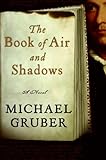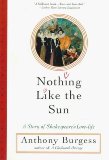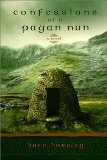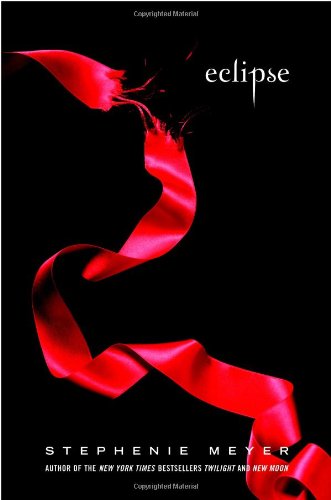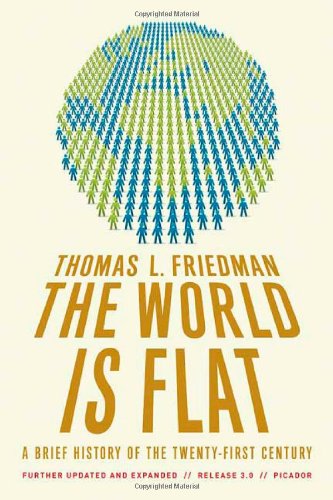Wide Sargasso Sea by Jean Rhys is a parallel novel that explores perhaps one of the most interesting and mysterious characters in literature: Bertha “Antionette” Mason, the mad woman in the attic in Charlotte Brontë’s Jane Eyre. Upon first reading Jane Eyre, I found parts of it to be somewhat slow, particularly Jane’s childhood recollections; however, after some months to reflect, I can find little to criticize in the novel, which is perhaps why I didn’t enjoy Wide Sargasso Sea as much as I did Jane Eyre.
It was interesting to learn more of Antoinette’s possible background. I have read that Rochester comes off rather badly in Rhys’s novel, but I didn’t find this to be the case. He doesn’t come off well, but he’s certainly no worse in Wide Sargasso Sea than he is in Jane Eyre. In fact, I sympathized with him, as his account of his marriage in this novel agrees with his account in the other in one important respect: he was tricked, and he was forced. How much of his paranoia about his wife being insane actually drove her to insanity is debatable.
However, Antoinette is certainly a much more sympathetic character, as most characters are when they are able to tell their side of the story. In many ways, her past, filled with rejections from her mother and the society in which she lived, was as sad as Jane’s. She no more deserved what happened to her than Jane did. But Rochester still doesn’t quite come off the villain for me. Who is? I suppose that’s something I’m still trying to figure out for myself, too.
I did feel cheated by not seeing Antoinette’s motivation for some of her actions in Jane Eyre. Only the last twenty pages or so are devoted to events in Jane Eyre. One could argue that as Antoinette was insane at that point, and clearly fuzzy on many details of her life, she didn’t recollect what she was doing in order to tell about it. However, I still wanted to see her light Rochester’s bed on fire, rip up Jane’s veil, and stab Richard Mason. While she is told about Mason, she has no recollection and almost seems to feel she is being lied to. I wanted to see that moment of madness and rage, rather than read yet another second-hand account. What drove her? What motivated her? That piece of the puzzle was still missing. I wanted to see whether or not she realized who and what Jane was. This novel didn’t satisfy that desire, but it was a quick read and a good book that I would recommend to anyone who enjoyed Jane Eyre.
My next book is Emily Brontë’s Wuthering Heights, which I failed to finish in high school and consequently have decided to return to.

